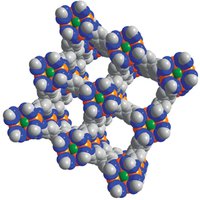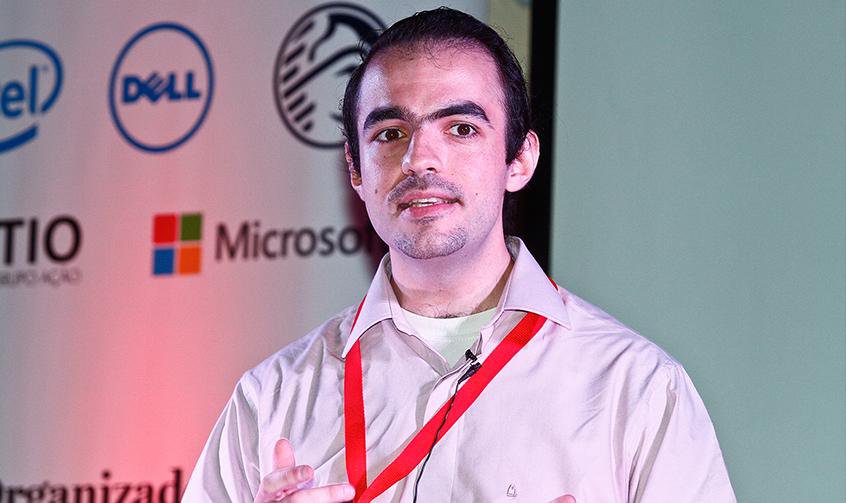Nanotechnology & materials
Nadim Morhell
A new diagnostic tool to measure neonatal blood viscosity

Europe
Matthieu Sonnati
Eco-friendly and fast-drying paints made with biological material

Global
Sarbajit Banerjee
Windows that block heat—but let it through when you want them to

Global
Mircea Dinca
Using sponges to improve and store alternative fuels

Global
Nanshu Lu
Soft, flexible electronics bond to skin and even organs for better health monitoring
